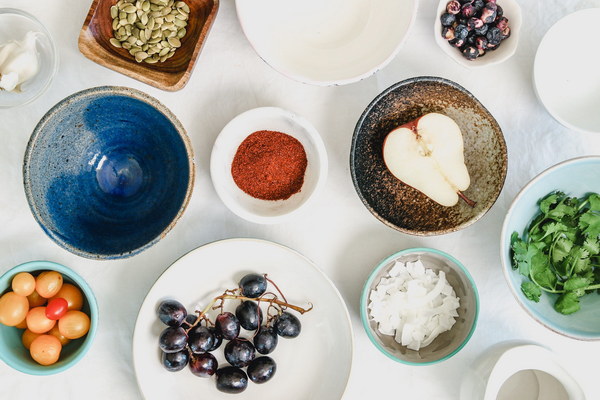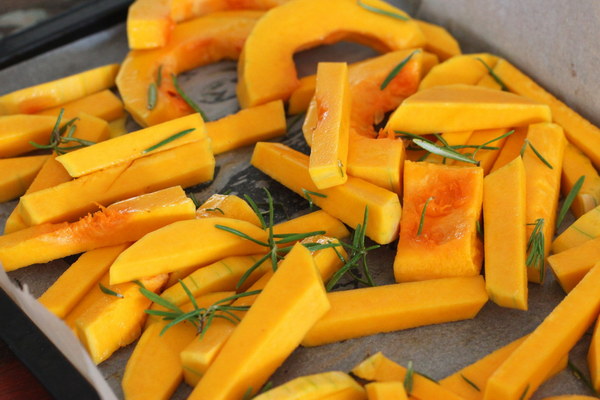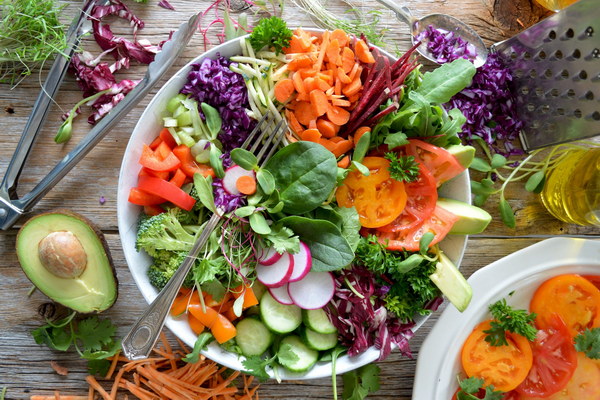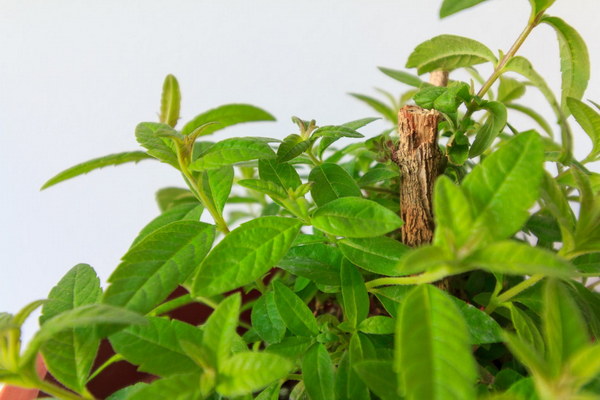Navigating the Dos and Don'ts Understanding Food Taboos with Chinese Herbal Tonics
In the realm of traditional Chinese medicine (TCM), the use of herbal tonics to enhance health and vitality is a time-honored practice. However, it's important to understand that certain foods can either amplify or negate the benefits of these herbal remedies. Here, we delve into the world of Chinese herbal tonics and the crucial food taboos that should be adhered to for optimal results.
Understanding the Concept of Food Taboos in TCM
Traditional Chinese medicine is based on the concept of Yin and Yang, the belief that the body is a harmonious balance of these two opposing forces. Foods and herbs are categorized into Yin and Yang properties, and it is believed that consuming certain foods while on a herbal tonic can disrupt this balance, leading to adverse effects or reducing the efficacy of the treatment.
Common Chinese Herbal Tonics and Their Food Taboos

1. Ginseng
Ginseng is a well-known herbal tonic known for its energizing properties. It is typically categorized as a Yin herb. To maintain the balance, it's advisable to avoid cold and raw foods, such as ice cream, salads, and uncooked vegetables, as these can counteract the warming effects of ginseng.
2. Astragalus
Astragalus is another popular herb used to boost the immune system and improve overall vitality. It is considered a Yang herb and should be paired with warm, nourishing foods. Cold or raw foods should be avoided, along with dairy products, which are believed to be cooling and may hinder the herb's effectiveness.
3. Goji Berries
Goji berries, or wolfberries, are known for their rejuvenating properties and are often used to improve vision and enhance sexual vitality. They are classified as a Yin herb, so it's best to consume them with warm foods and avoid cold beverages, raw fruits, and vegetables.
4. Licorice
Licorice is a sweet herb that is commonly used to soothe the throat and support the adrenal glands. It is considered a neutral herb, but it's best to avoid overeating salty foods, as this can lead to water retention and other imbalances.
5. Schisandra
Schisandra is an adaptogenic herb that helps the body cope with stress. It is a Yin herb and should be consumed with warm foods. It's advisable to avoid alcohol and spicy foods, which can exacerbate the herb's cooling properties.
General Tips for Adhering to Food Taboos
- Consult a Practitioner: Before starting any herbal treatment, it's best to consult with a TCM practitioner who can provide personalized advice based on your specific health needs and the herbs you are using.
- Keep a Food Diary: Keeping track of what you eat while on a herbal regimen can help you identify any potential conflicts and adjust your diet accordingly.
- Be Mindful of Seasonality: Traditional Chinese medicine emphasizes the importance of eating in harmony with the seasons. Foods that are in season are typically more beneficial and less likely to cause imbalances.
- Moderation is Key: Even with food taboos, it's important to maintain a balanced diet and not to overindulge in any particular type of food.
By understanding the food taboos associated with Chinese herbal tonics, you can ensure that you are maximizing the benefits of your treatment while minimizing any potential side effects. Remember, the goal of TCM is to achieve a harmonious balance within the body, and paying attention to the interplay between herbs and food is an integral part of that process.









